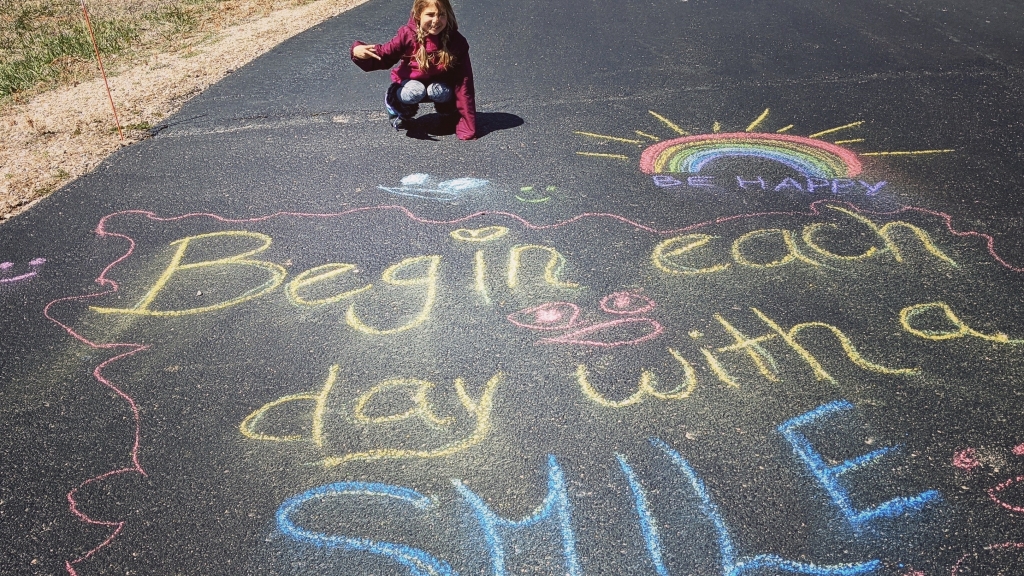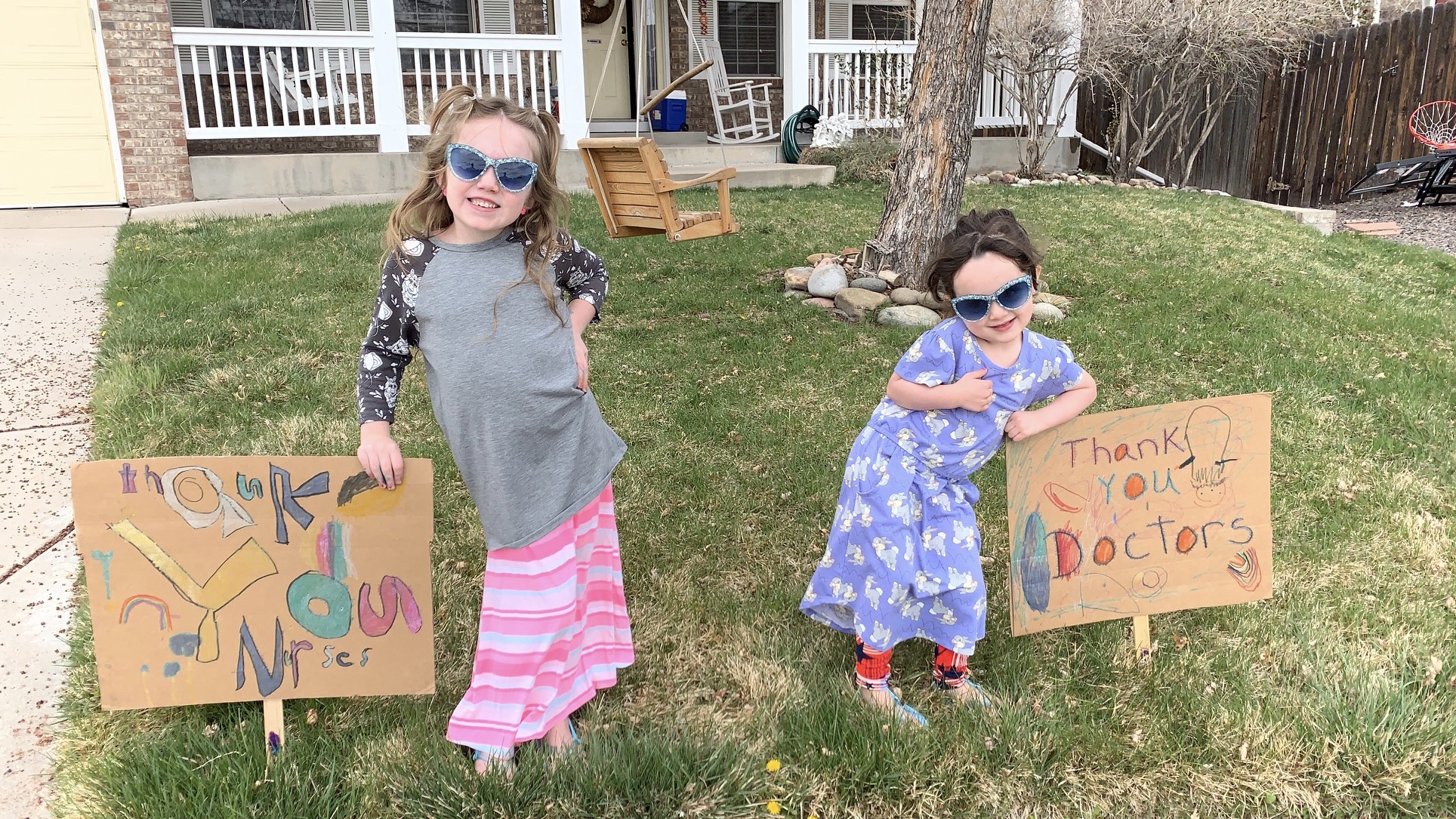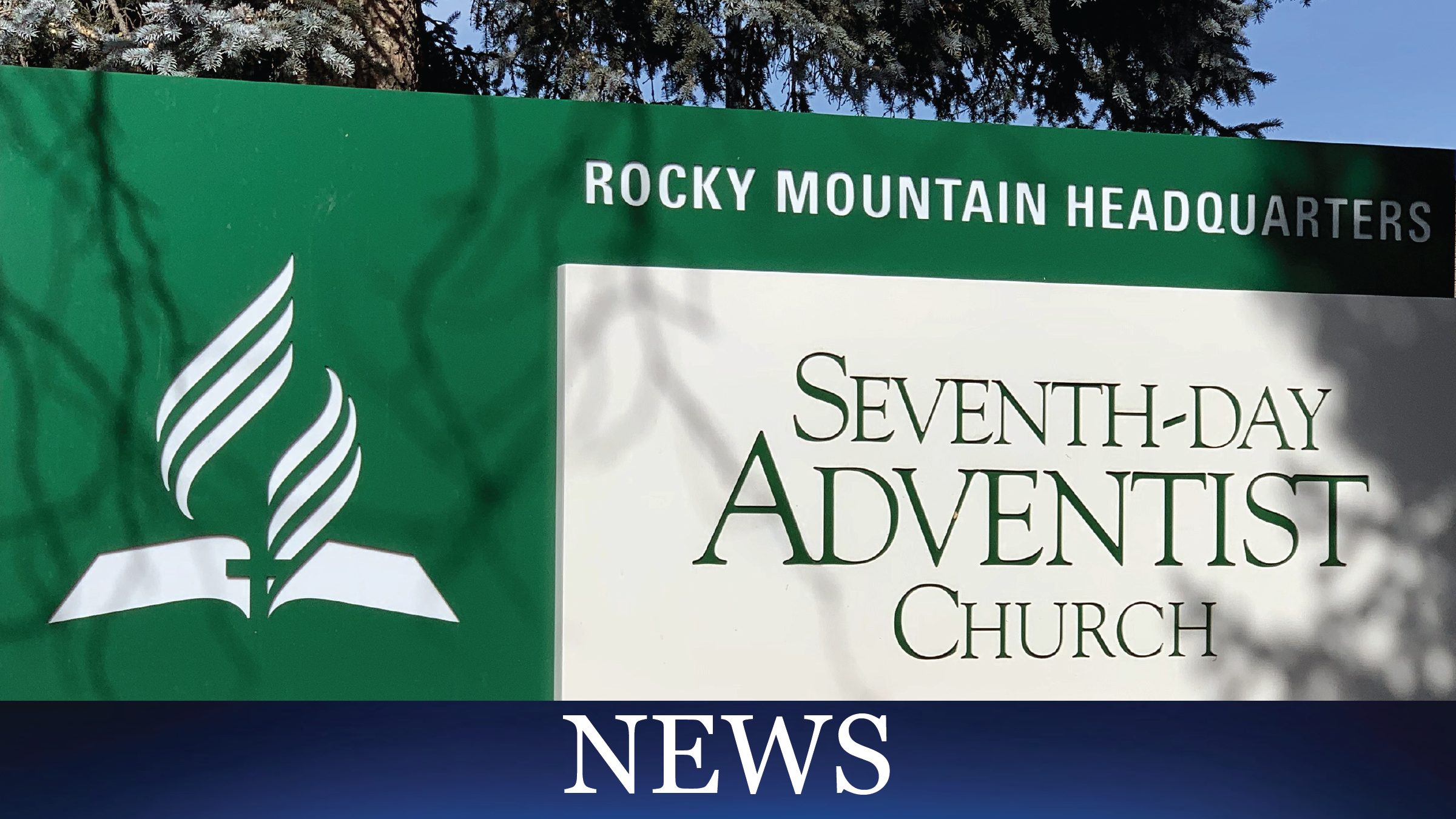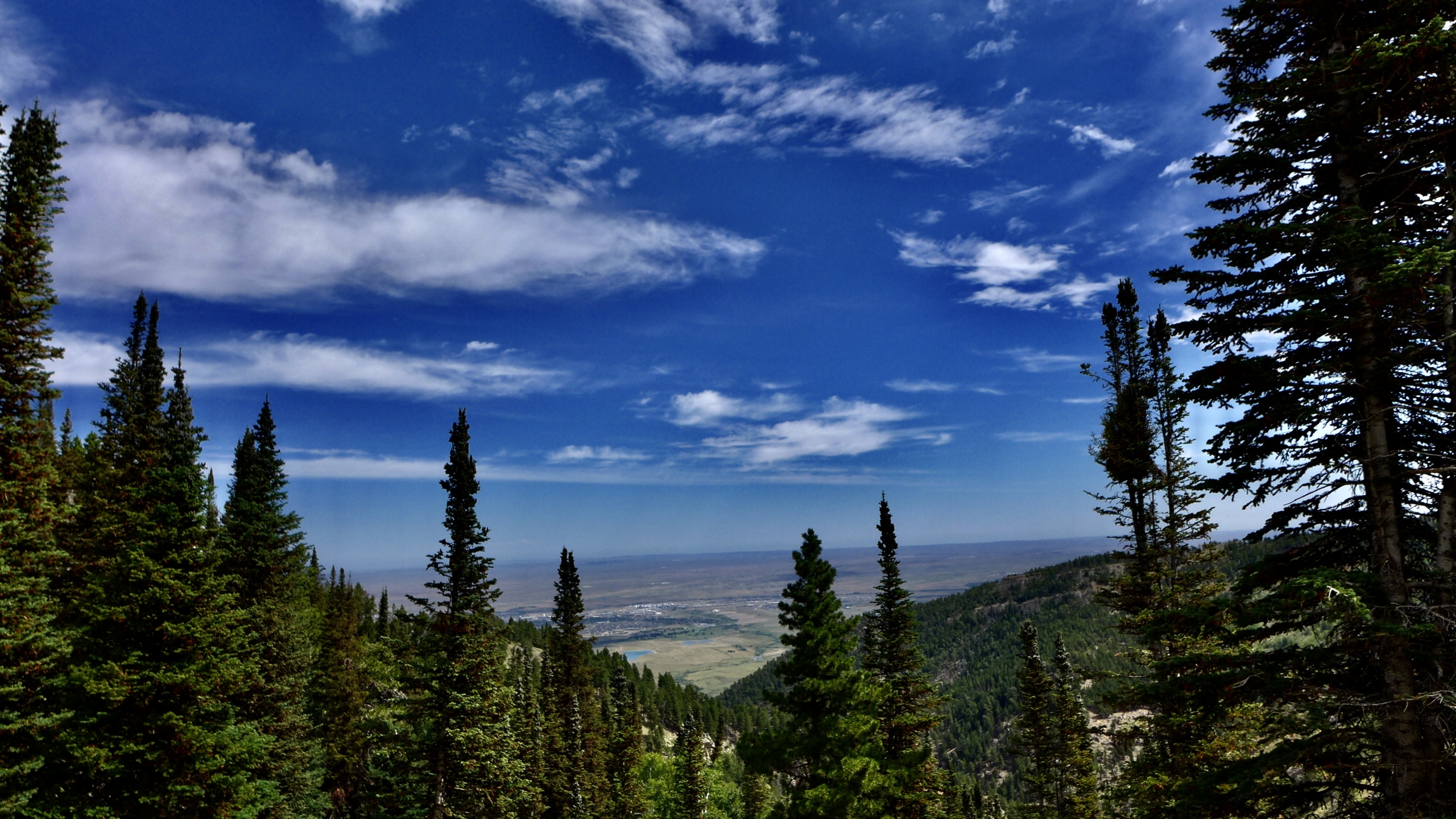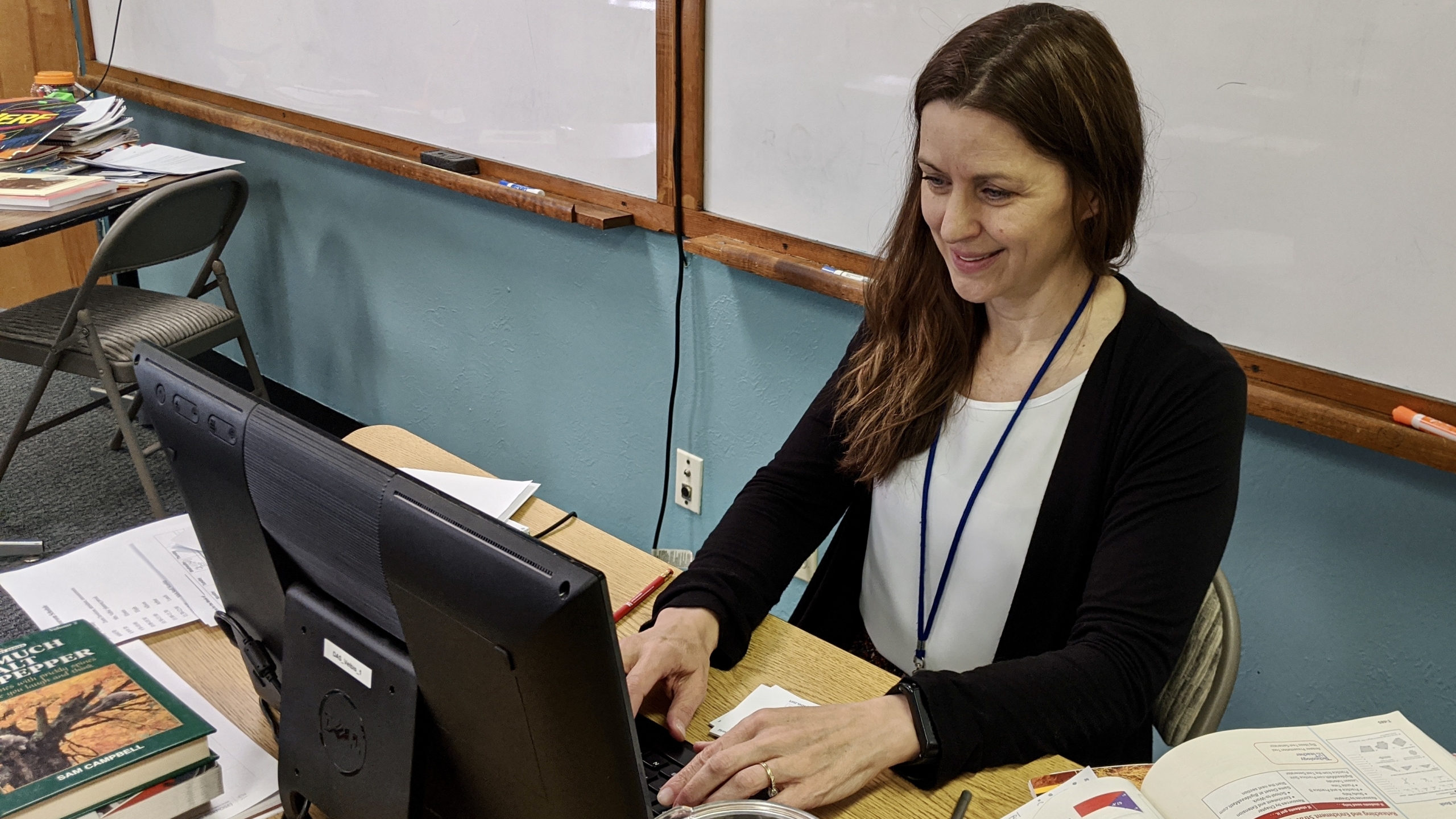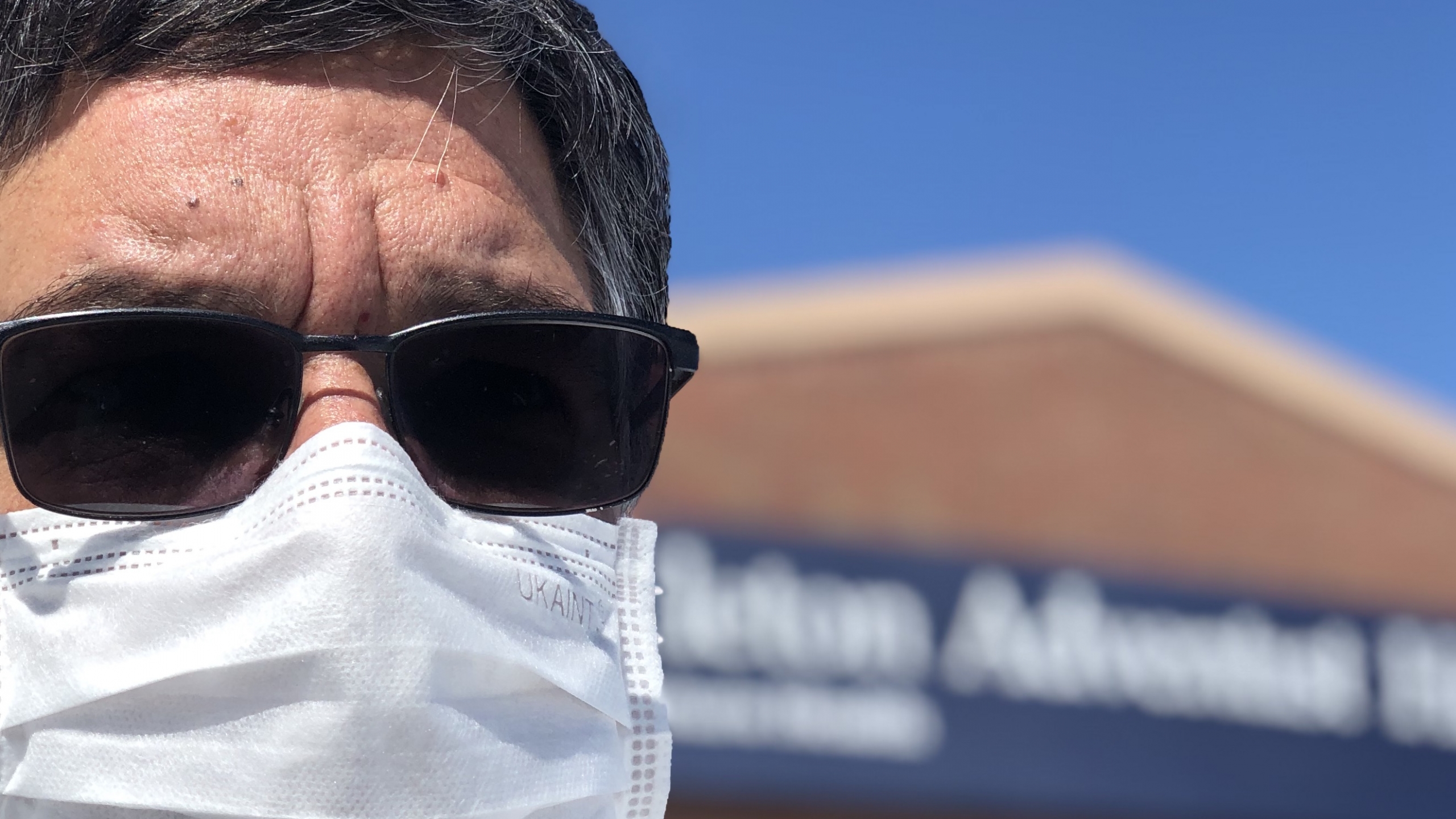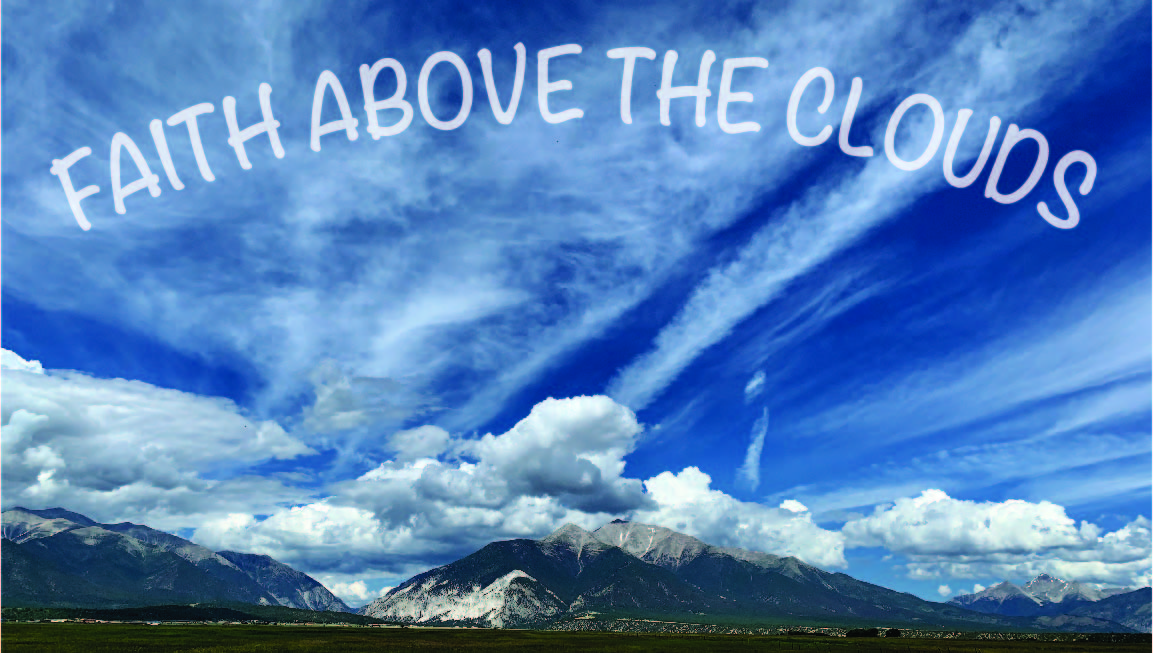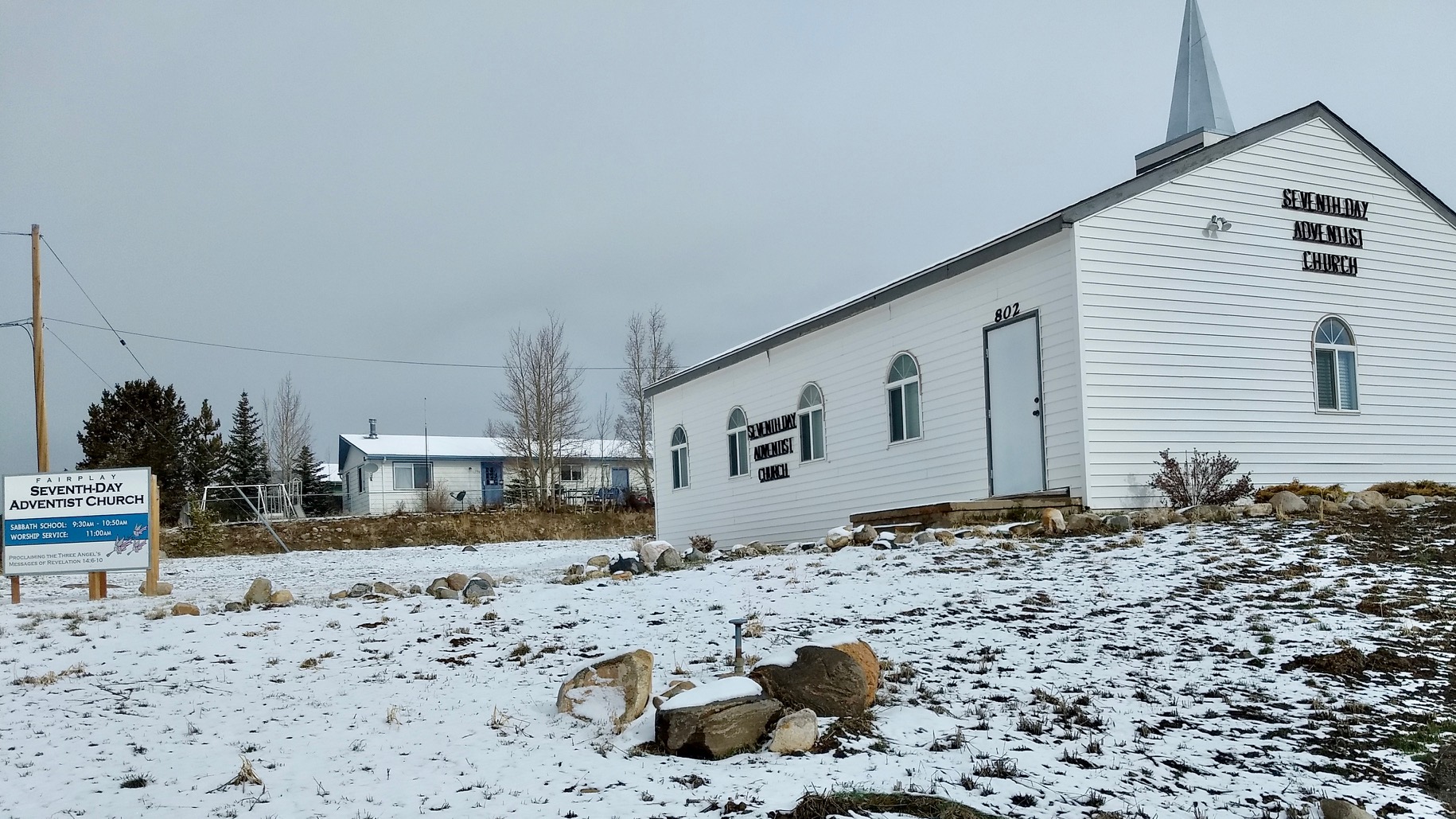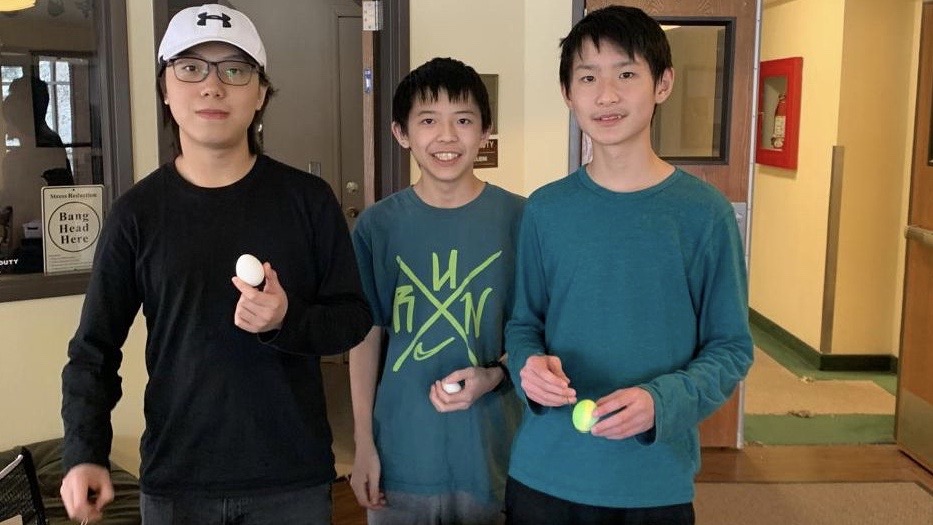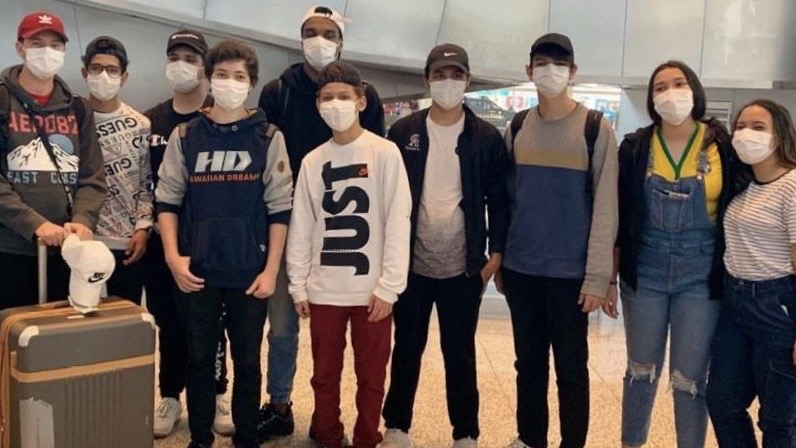By Dany Hernandez — Littleton, Colorado … I was surrounded by a hundred strangers at a street-side restaurant in a small coastal town in southern France. If you took time to notice the conversations around you, you’d hear French, Spanish, German, Italian and of course the English of my family and friends. And although the only people I knew were those right across from me, I felt a strong connection to everyone around me. Why? Because laughter, joy, food and community, being key components of what makes us human, tap into areas of our lives that are communal to all of us and give us a sense of togetherness.
Well, and that’s why I hate COVID-19.
I’m not even going to pretend I know what New York or Italy are experiencing. I’m not going to make it sound as if I’m special in any way for getting up each day and heading to a hospital to provide support for families, patients and staff. Honestly, I feel honored and blessed to have work at a time when so many people are struggling. But, don’t be fooled this Covid-19 thing is emotionally and physically draining.
As chaplains, most of our ministry is simply being present. Many times, we sit quietly next to a family member or a dying patient with the only gift we have to offer, presence. And that is why these times are so difficult for patients, family, nurses, doctors, and chaplains. The one thing all of us can do well has been taken away from us. Many times, I’ve said that “togetherness has nothing to do with proximity” but it sure does help. COVID-19has taken from us the ability to hug someone who just lost their spouse, to shake the hand of a first-time dad, to high-five a nurse leaving the hospital after a 12-hour shift. Instead we’ve had to learn how to keep a 6-foot radius around other humans, to smile with our eyes since the rest of our bodies are covered with protective equipment, to look in the eyes of a daughter and say, “I’m sorry you can’t see your mom.”
There’s a reason God said, “It’s not good for man to be alone…” That’s not how we were created, that’s not how the divine exists. But instead we’ve been forced to watch a spouse of someone passing away in the ICU, unable to be in the room but watching from a distance. Hands on the glass door, tears down her face… talking softly and sometimes loudly, hoping the volume of her voice would penetrate the double pane glass and the unconscious state of her husband, assuring him that she was there – with him. This virus has forced us to take on much of the emotional stress of family members by sitting in their place next to the patient, by speaking the final words they’ll hear on behalf of the family, by holding a stranger’s hand until their last breath, because it was the only hand allowed in the room.
There’s a strange sort of stillness all around us these days. Our staffing needs in our hospitals have changes and what used to be a busy unit, now sits dimly lit and quiet like an abandoned western town at dusk. At the same time, our ICU, just a floor away, is the hub of frantic activity. But even in that frantic environment there’s an unsettled quietness. There’s a sense of anonymity when all of us are wearing headgear and masks. The identities and uniqueness of our caregivers erodes by blending into the common landscape of sky-blue scrubs of everyone around us. Now, we have to wear stick-on nametags on our backs and head covers, just so our co-workers and friends can know who we are. It’s easy to feel alone and unnoticed.
Our associates don’t need more snacks, although those are always welcomed. Our associates don’t need another pep-talk, even if those provide enough motivation to make it through the day. What our associates need is for the rest of the world to see their pain. What they need is to be reminded that, although this present moment sucks, this is the very thing they signed up for when they chose to pursue healthcare.
They chose to stand every day between the dead and the living, between the sick and the healthy regardless of consequences. They chose to put their lives on the line so other people, is spite of race, creed, or background, may have life. What they need is individuals from every walk of life to lift them up in prayer asking for strength, courage, peace and serenity.
And now, more than ever before we are literally standing next patients in the place of family. Now more than ever, nurses, palliative care and chaplains are sharing tears with one another and experiencing grief on behalf of loved ones.
Humans need hugs, and COVID-19 has taken those away. Community and presence are both part of the healing process, and now we’ve been forced to figure out how to incorporate those things into our plan of care without the ability to be next to one another.
As frustrating as that is to all of us, I have to constantly remind myself that love always causes pain. That suffering and grief will always be a part of our lives in this world. And, that our call, even after COVID-19 is no longer a threat, will continue to be difficult and challenging.
I’m honored to be part of such an amazing group of people.
“When you go out and see the empty streets, the empty stadiums, the empty train platforms, don’t say to yourself, “It looks like the end of the world.”
What you’re seeing is love in action. What you’re seeing, in that negative space, is how much we do care for each other, for our grandparents, for our immune-compromised brothers and sisters, for the people we will never meet.
People will lose jobs over this. Some will lose their businesses. And some will lose their lives.
All the more reason to take a moment, when you’re out on your walk, or on your way to the store, or just watching the news, to look into the emptiness and marvel at all of that love.
Let it fill you and sustain you.
It isn’t the end of the world. It is the most remarkable act of global solidarity we have ever seen.
-Author Unknown
Dany Hernandez is a chaplain at Littleton Adventist Hospital: selfie photo by the author
